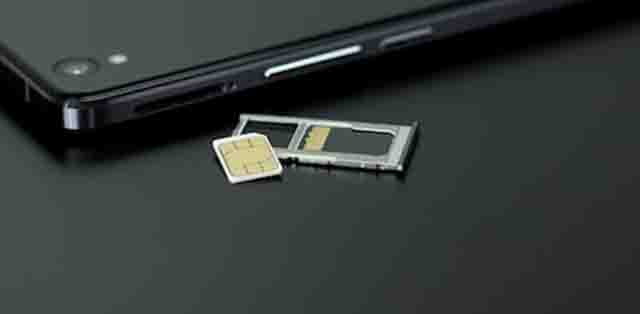 |
| As of January 13, 2023, 20,551,294, or 12.16% of the Philippines' active mobile SIM cards, have been registered under a new law that went into effect on December 27, 2022. |
DICT Spokesperson Undersecretary Anna Mae Yu Lamentillo reported that 20,551,294, or 12.16 percent of the country's 168,977,773 active SIM cards, have been registered since the law went into effect.
The three major telco companies in the Philippines, Smart, DITO, and Globe, have each registered a significant percentage of their subscribers.
Smart has registered 10,041,791 SIM cards or 14.77 percent of its 67,995,734 subscribers; DITO has registered 1,744,935 SIM cards, or 13.31 percent of its 13,108,103 users, and Globe has registered 8,764,568 SIM cards or 9.97 percent of its 87,873,936 users.
Lamentillo urged the public to register their SIM cards now rather than wait until the deadline on April 26, 2023, and assured them of the registration process's safety.
"SIM Registration is being implemented alongside the Data Privacy Act. Data encryption is required. PTEs (public telecommunications entities) are required by law to ensure that end-user data is secure, encrypted, and protected at all times," she explained.
The National Privacy Commission (NPC) has also been involved in the SIM card registration process, conducting simultaneous compliance checks on-site visits to ensure that appropriate security measures are in place to protect the personal data of Filipinos registering their SIM cards.
"The three telcos were evaluated for some gaps in their personal data privacy implementation and were required to submit proof of compliance within 15 days," NPC Commissioner John Henry Naga said.
However, Naga stated that the three telcos have generally demonstrated "capabilities in protecting their client's personal data."
"As information and communications technology advances, telcos should ensure that their security measures are further improved and strengthened," Naga said.
Telcos are responsible for protecting their subscribers' privacy rights through proper data collection, restricting access to this data, and data servers protected by encryption and firewall layers.
